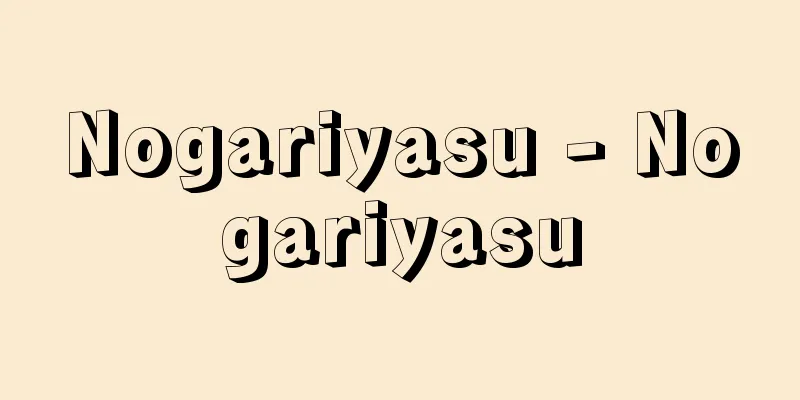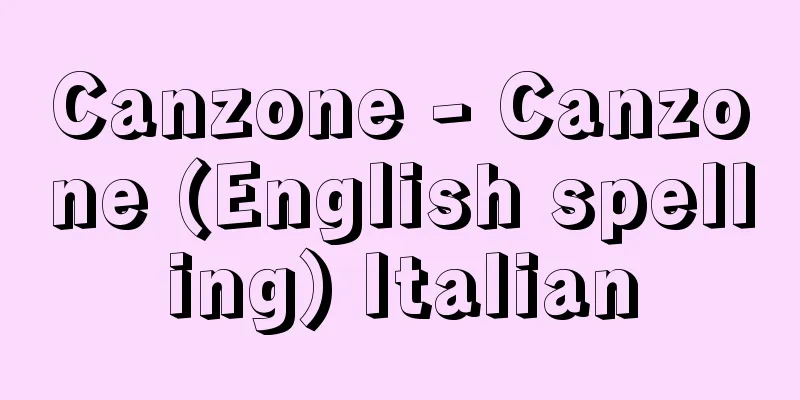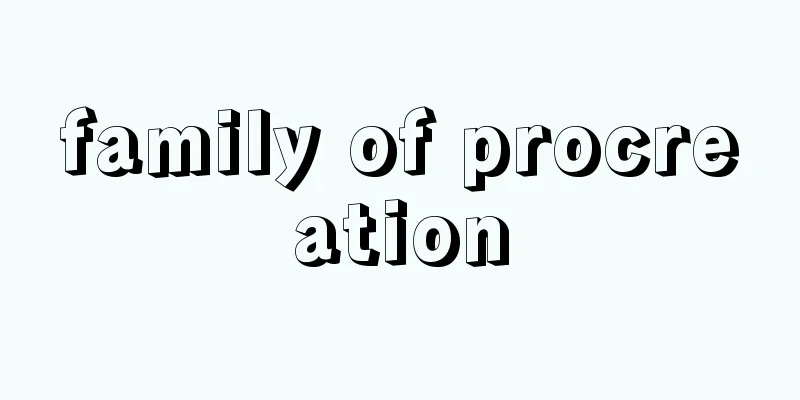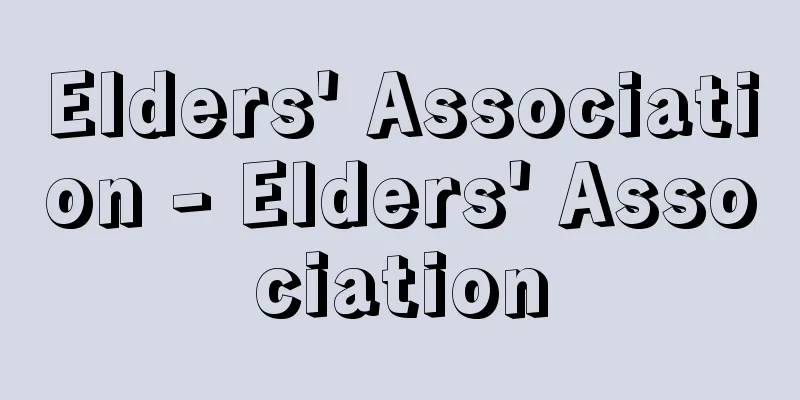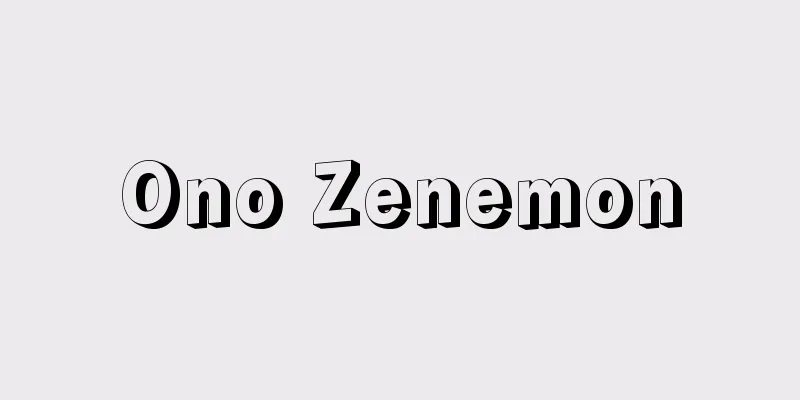Hideki Tojo

|
Army officer and politician. Born in Tokyo on December 30, 1884, as the son of Army Lieutenant General Tojo Hidenori. Graduated from the Military Academy and the Army War College. Served as a military attaché at the German Embassy, a regiment commander, and a brigade commander, and in 1929 (Showa 4), formed the Issekikai with Nagata Tetsuzan and others, emerging as a mid-ranking reformist officer. Insisting on control of Manchuria and Mongolia, he became commander of the Kwantung Military Police in 1935 after the establishment of "Manchukuo," and chief of staff of the Kwantung Army in 1937. After the Marco Polo Bridge Incident, he opposed compromise with the Nationalist government and joined forces with the central control faction to become a promoter of the Second Sino-Japanese War. In 1938, he became Vice Minister of the Army under Army Minister Itagaki Seishiro, and in July 1940, he became Army Minister in the second Konoe Fumimaro Cabinet. He worked with Foreign Minister Matsuoka Yosuke to conclude the Tripartite Pact between Japan, Germany, and Italy, approved the Japanese military's presence in French Indochina, and began preparations for war against Britain and the United States. In October 1941, when he was serving as Army Minister in the third Konoe Cabinet, when the U.S. government demanded a complete withdrawal of Japanese troops from China and French Indochina, Konoe strongly opposed this, backed by the Army, and called for the start of war against Britain and the United States, which led to the collapse of the Cabinet. On October 18, he formed a Cabinet with the recommendation of Home Minister Kido Koichi and others, and while still an active military officer, he served as Prime Minister, Home Minister, and Army Minister, and was also promoted to Army General. On December 8, Tojo started the Pacific War, drastically strengthening his control over the country and solidifying his dictatorial regime, while at the same time publicizing the construction of the "Greater East Asia Co-Prosperity Sphere" and hosting the Greater East Asia Conference in November 1943. As the war situation worsened, he attempted to turn the tide by taking sole control of the military and politics, also serving as Chief of Staff, but was unable to resist the anti-Tojo sentiment and resigned on July 18, 1944. After Japan's defeat, he was found a Class A war criminal at the International Military Tribunal for the Far East and executed by hanging on December 23, 1948. [Ryuji Sasaki] "Hideki Tojo: My Regret" by Sanae Sato (Kawade Bunko)" "Hideki Tojo and the Era of the Emperor" by Masayasu Hosaka (Chikuma Bunko)" "Hideki Tojo - The Man Who Died for the Empire of Japan" by Tokoku Matsuda (PHP Bunko) [References] | | | | | | War | | Tetsuzan Nagata | |©Shogakukan Library "> Hideki Tojo Source: Shogakukan Encyclopedia Nipponica About Encyclopedia Nipponica Information | Legend |
|
陸軍軍人、政治家。明治17年12月30日、陸軍中将東条英教(ひでのり)の子として東京に生まれる。陸軍士官学校、陸軍大学校卒業。ドイツ大使館付武官、連隊長、旅団長などを務め、1929年(昭和4)永田鉄山(ながたてつざん)らと一夕会(いっせきかい)を結成して革新派の中堅将校として頭角を現した。満蒙(まんもう)の支配を主張し、「満州国」創設後の1935年、関東憲兵司令官となり、1937年には関東軍参謀長となった。盧溝橋事件(ろこうきょうじけん)が起こると、国民政府との妥協に反対し、中央の統制派と結んで日中戦争の推進者となった。1938年板垣征四郎(いたがきせいしろう)陸相のもとで陸軍次官となり、1940年7月第二次近衛文麿(このえふみまろ)内閣の陸相に就任した。松岡洋右(まつおかようすけ)外相と組んで日独伊三国同盟の締結に努め、日本軍の仏印進駐を容認、対英米戦争の準備を進めた。1941年10月、第三次近衛内閣の陸相当時、米政府が中国、仏印の日本軍を全面撤退させるよう要求すると、陸軍を背景にこれに強硬に反対し、対英米開戦を主張して内閣を倒壊に導いた。10月18日、木戸幸一内大臣らの推挙で内閣を組織し、現役軍人のまま首相、内相、陸相を兼ね、また陸軍大将に昇格した。12月8日、太平洋戦争を開始し、国内の統制を極端に強め、独裁体制を固める一方、「大東亜共栄圏」建設を宣伝し、1943年11月大東亜会議を主催した。戦局が悪化すると、参謀総長も兼ねて軍・政を一手に掌握して局面の打開を図ったが、反東条機運に抗しえず、1944年7月18日辞職した。敗戦後、極東国際軍事裁判でA級戦犯とされ、昭和23年12月23日、絞首刑に処せられた。 [佐々木隆爾] 『佐藤早苗著『東条英機「わが無念」』(河出文庫)』▽『保阪正康著『東條英機と天皇の時代』(ちくま文庫)』▽『松田十刻著『東条英機――大日本帝国に殉じた男』(PHP文庫)』 [参照項目] | | | | | | | | | |©小学館ライブラリー"> 東条英機 出典 小学館 日本大百科全書(ニッポニカ)日本大百科全書(ニッポニカ)について 情報 | 凡例 |
Recommend
Psophocarpus tetragonolobus (English spelling) Psophocarpus tetragonolobus
...The common bean, native to South America, is a...
Isshiki Beppu
...However, in most cases, only annual taxes (kan...
Picture Matching Karuta - Picture Matching Karuta
...In addition, the card tax enacted in 1902 beca...
Curzon Line
After World War I, the Special Committee on the P...
Sylvius, Franciscus
Born: March 15, 1614 in Hanau [Died] November 15, ...
Inano Omura
A high-ranking official in the Asuka period. He w...
Blue Wolf
A historical novel by Yasushi Inoue. It depicts th...
Market Square - Ichiba Hiroba
…These three functions existed throughout Western...
Yojana
...The length of one kalpa is explained in variou...
Sociogram
A diagram using solid and dotted arrows to show re...
Long legs - Ashinaga
〘 noun 〙① Long legs. Also, the person who has them...
Barotse
…King of the Lozi Kingdom in the western part of ...
Hermano Pule (English)
…Philippine religious leader. Commonly known as H...
Picture and text belt divine beast mirror - Gamon Taishinjuukyou
A type of mirror made during the Later Han dynast...
Rhaphiolepis indica (English spelling) Rhaphiolepis indica
…[Yamanaka Futoshi]. … *Some of the terminology t...


